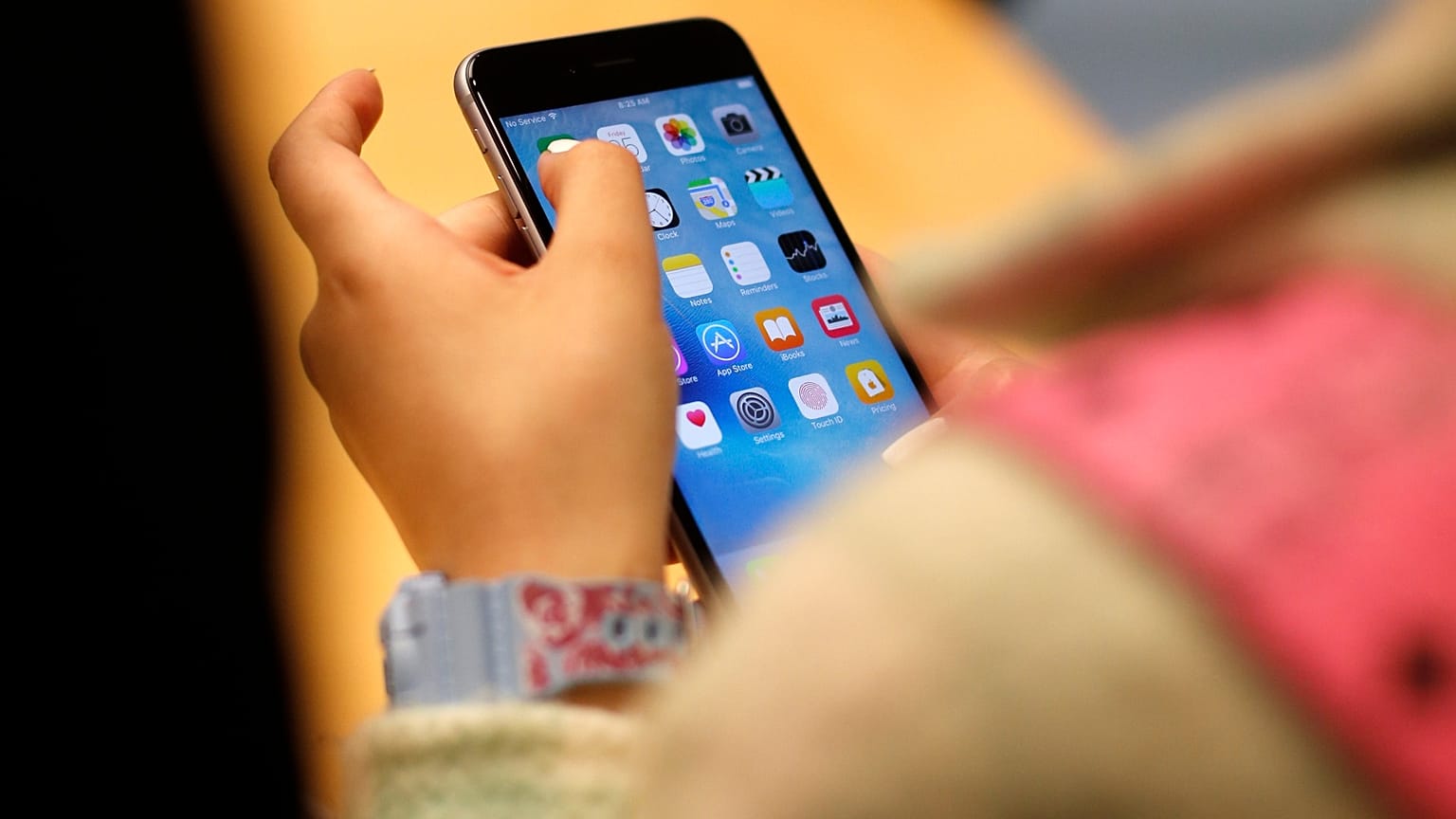As lawmakers weigh social media limits and phone bans in schools, parents can help their children lead healthier digital lives on their own.
Many parents are worried about the harms of social media and excessive screen time – but it can be difficult to know exactly how to limit it in ways that support their children’s wellbeing.
 ADVERTISEMENT
ADVERTISEMENT
 ADVERTISEMENT
ADVERTISEMENT
Policymakers and health experts have long called for warning labels and age limits for social media platforms as well as bans on mobile phones in schools, amid concerns over how excessive screen time could harm young people’s mental health.
Researchers say “problematic” social media use is on the rise among European teenagers, while a report from the World Health Organization (WHO) earlier this year pointed to the digital world’s grip on young people as a key driver of loneliness globally.
Excessive screen time has been linked to kids getting less exercise and worse sleep, as well as anxiety, depression, stress, and social isolation.
Kids can also get trapped in a “vicious cycle” where spending too much time on screens prompts them to want to spend even more time online, said Dr Janna-Lina Kerth, a paediatrician at the University Hospital of Düsseldorf (UKD) in Germany.
Policymakers are now considering ways to break that cycle. In September, European Commission President Ursula von der Leyen said she is considering how to implement social media restrictions for children across the European Union.
Some countries are looking beyond bans to find ways to incentivise kids to put down their phones on their own. Sweden, for example, recently introduced a “leisure activity card” to partly cover the costs of organised activities such as fitness clubs or language classes, for Swedes aged eight to 16.
“More children should feel that they have meaningful leisure time [because they will] also have better health, both physical and mental. That’s the main goal,” Madeleine Larsson, a project manager at Sweden’s public health agency, told Euronews Health.
Ultimately, though, much of the burden still falls on parents. And Kerth has a few tips for families looking to reduce their screen time in the name of better health and wellbeing.
Practice what you preach
Young children learn by example – and “adults are glued to our phones as well,” Kerth said.
She recommends that parents be intentional with their own screen time, for example, choosing not to log back on to send that last email after dinner. Setting screen time goals as a family, rather than simply restricting children’s time online, can also help with buy-in, she said.
Keep an open dialogue
Outright bans on social media, smartphones, or video games could have the unintended consequence of making the forbidden things more appealing, Kerth said.
“It’s important to talk about why something [online is] interesting and why some games are more enthralling than others, and what the consequences might be,” she said.
Instead of full bans, she recommends that parents have open, age-appropriate conversations with their children about their concerns and why they have decided on certain rules – for example, no phones in bed because you want them to get better sleep.
Kerth recommends starting these discussions as early as the age of four.
Not all screen time is bad
The WHO recommends that children under the age of five spend no more than one hour per day on screens. Other groups go further, with German and French medical groups recommending that toddlers stay screen-free until they are three.
Guidance for older children and teenagers is more mixed – but experts generally agree that the less screen time, the better.
But it’s also worth recognising that not all screen time is equal.
“There are a lot of interactive games and educational games that are active consumption and not just passively looking at a screen,” Kerth said.
Find ways to fill the gap together
Kerth suggests asking children and teenagers directly about how they can fill the time left by screen time limits.
To avoid alienating kids from their peers, she recommends signing them up for a sports team or another group activity of their choice – ideally hobbies where screen use is discouraged.
“It's easy to say, ‘just read a book,’ or ‘just go outside and play,’ but it's also something that depends on what your friends do,” Kerth said.

















